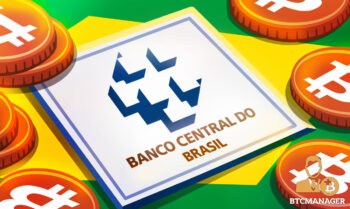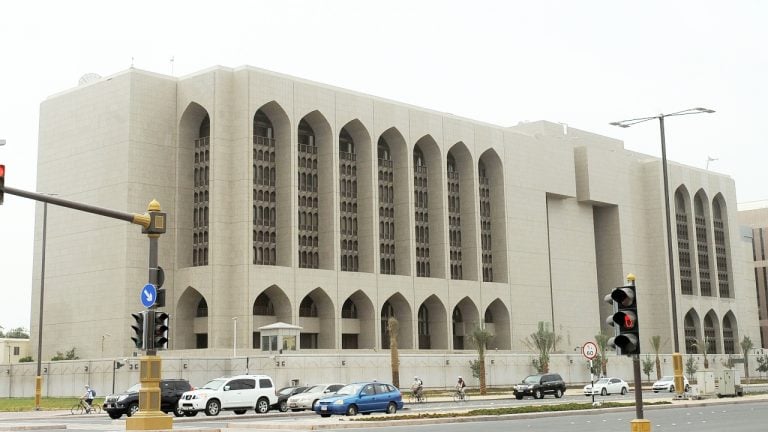2018-7-23 10:01 |
As it stands, there are four central banks that run the financial world, and those are the U.S. Federal Reserve, European Central Bank (ECB), Bank of Japan (BOJ) and the Bank of England (BOE). According to most experts, these institutions are definitely the most powerful, influencing the interest rates of over $41 trillion worth of Gross Domestic Product. Daily, they influence about an eighth of that.
With this kind of power, some people believe that they are some sort of expert on any topic that impacts a worldwide industry. Unfortunately for cryptocurrency, the Big Four have been very vocal about their disdain for anything Bitcoin and related to it. In fact, the head of the Bank for International Settlements advises younger investors to “stop trying to create money. “
Other bankers associated with these institutions have even said there is “no point” to even develop cryptocurrency, since the fiat currency currentl circulation does the job without help. Wall Street is filled with businessmen that agree, who turn away whenever the suggestion of Distributed Ledger Technology comes up.
There are still many crypto enthusiasts that can sing the praises of the digital industry, saying that Bitcoin or another popular token could easily take over the dollar and eventually conquer the world. Realistically, both sides of this argument hold their own merit, though they both have areas that they are wrong about their future.
Historically, the Big Four banks are responsible for many problems that have come through the financial world. Sometimes, bank enthusiasts seem to forget because the Big Four negatively drew out the housing bubble of the 2000s and were in the middle of the real estate and debt crisis around 2007. They even broke major protocols when they continually printed new money for eight years without a break, leading them to the overwhelming money bubble that arose. They definitely are not without guilt in the problems that the economy has face.
Despite the fact that the Big Four continue to criticize the functionality of cryptocurrency, there are some central banks that are still working on their own research regarding independent tokens. One of those institutions, the People’s Bank of China, has been filing patents to offer a cryptocurrency, which would end up being the first platform that is centrally controlled and officially sanctioned.
Smaller countries, like Sweden, South Korea, and Rwanda, have even put together development teams that involve members of Cardano, Stellar, and IOTA. Unlike financial institutions, these team members are more than happy to help bring in distributed ledger technology and the rest of their world. That being said, it seems that the message of cryptocurrencies longevity is loud and clear to big banks.
Instead of directly adapting to the technology, the banking business is working to ride in on the progress already made by them. They do not hold the same goals as the cryptocurrency platforms do, since they are seeking an upgrade on their current services, rather than a decentralized form of currency. They are not planning to let go of their control anytime soon, but they hope to make their processes more secure and efficient. Basically, they want more control than they already have, and they want to get rid of the cryptocurrency world that stands in their way.
With all of these plans, the situation could go one of a million ways. However, based on the current trends and the history of each one, the most likely first step would be that the banks are actually able to make some progress on a digital currency. However, to say that it qualifies as cryptocurrency would be a little too far, because it lacks decentralization. Basically, the industry would be looking at digital fiat money.
As the banks would make progress, the technology of distributed ledger would make its own progress, but it would not be the track that it is on right now. It would basically evolve in a way that would allow digital fiat currency and cryptocurrency to work alongside each other, though they would technically be different branches of the industry still. This bonding would most likely happen as a result of the media’s understanding of the two options.
Much in the same way that the news has evolved, but remained segregated between different resources, the cryptocurrency would co-exist. There would still be larger and smaller players, which would eventually filter down to the most successful entities of each. Central banks are likely to sift through the remnants of cryptocurrency for the aspects that they want to use, though the only way to see how effective this is will be time.
While the Big Four take over the industry with their own modifications, cryptocurrency will have to evolve in a way that better serves the decentralized needs of their investors. This new “Smart Economy” will touch on additional industries, like travel, jobs, real estate, and other sellable commodities. The whole point of crypto is to open doors that were previously closed, due to the inability to access the money needed.
Even though the current traditional ways of doing things will no longer be relevant, there is still a chance that these two industries could cohabitate the world together. However, it is up to each industry to push their technology to a level it has not been before now.
origin »Time New Bank (TNB) на Currencies.ru
|
|



















